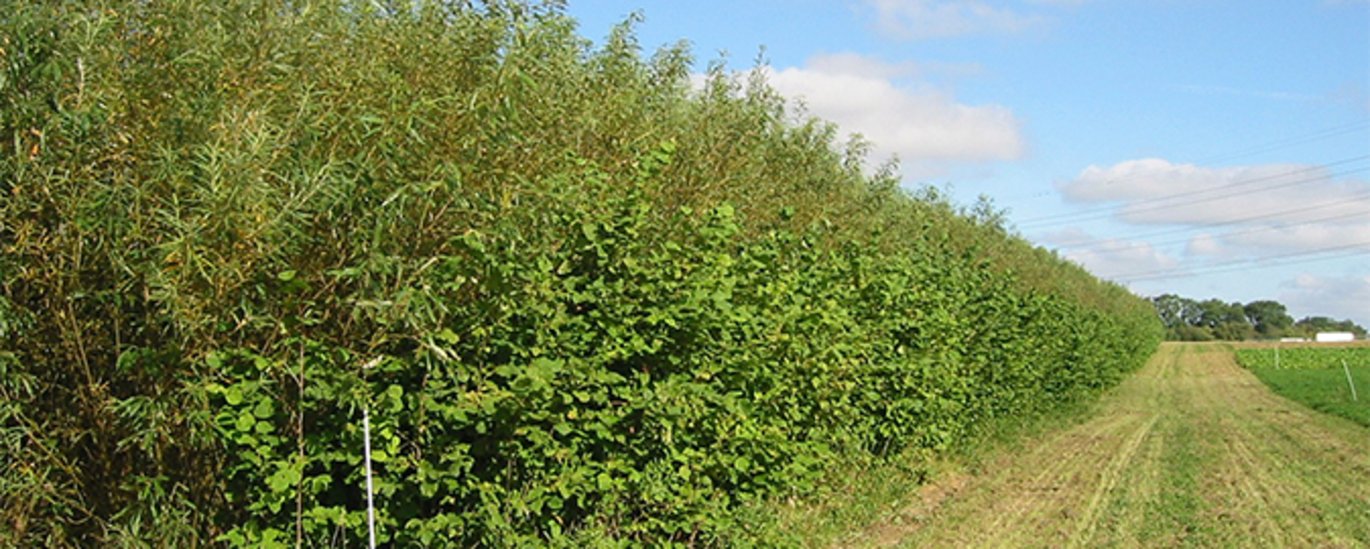Towards a sustainable agricultural production
Europe needs to optimise productivity and utilise bi- and waste products for bioenergy if we want to transform our society and economy in a more sustainable way. The new research project SustainFARM aims to take the next step.

With the estimation that the world population reaches 9 billion by 2050, we face the challenges of increasing food, fodder and energy production by 70% to meet demands, and of simultaneously adapting to climate change and its impacts on the environment.
With imminent climate change impacts, we need to increase productivity in areas with reduced and uneven distribution of rainfall, more frequent extreme weather conditions like flooding and storm surges and increased temperatures, resulting in soil erosion, pest outbreaks and low harvest outcomes. Food production will be further impacted by the shift into low input systems due to local and global environmental concerns, which require governments to enact and enforce regulatory instruments for land use.
SustainFARM, a new research project, funded within the frame of FACCE SURPLUS, aims to optimise productivity and utilise bi- and waste products for bioenergy and bioproducts. SustainFARM will work with case studies in seven different European countries enabling the investigation of the economic and environmental performance of the production systems across several pedo-climatic zones of Europe.
The best practices and innovative methods will be synthesised into a decision support tool (DST) to enable informed decision making by farmers, advisory services and policy makers.
- We hope to design innovative production systems, which are resilient and climate-smart. To do so, we need to involve the whole stakeholder chain, Associate Prof. Bhim B. Ghaley, coordinator on the SustanFARM project, explains.
SustainFARM is working on integrated food and non-food production systems (IFNS), which is a system in which trees, crops and livestock components are integrated in different ways at different scales.
- Using this system means that productivity is optimized and woody components, residual wastes and co-products will be developed, Bhim B. Ghaley explains.
Partners in the 3-year SustainFARM-project include Faculty of Science, University of Copenhagen (UCPH), The Progressive Farming Trust Ltd (PFT Ltd) trading as The Organic Research Centre, Department of Geography, Philipps-University Marburg (PUM), Universidad de Cordoba (UCO), University of Agricultural Sciences and Veterinary Medicine Cluj-Napoca (UASVM), National Research Council (CNR) and Institute of Soil Science and Plant Cultivation State Research Institute (IUNG-PIB).
The project has been granted 1.617.000 € from the FACCE SURPLUS ERA-NET Cofund.
FACCE SURPLUS FACCE SURPLUS is an ERA-NET under the Cofund scheme of Horizon 2020 of the European Union. FACCE SURPLUS calls for collaboration among 15 countries and the EU for transnational research projects on the thematic area of sustainable and resilient agriculture. Further joint activities that go beyond this co-funded call are planned, in order to contribute to the establishment of a renewable bioeconomy in the ERA.
Further information
Associate Prof. Bhim B. Ghaley
Department of Plant and Environmental Sciences, Faculty of Science, University of Copenhagen (UCPH), Denmark
E-mail: bbg@plen.ku.dk
Phone: 0045 35333570
